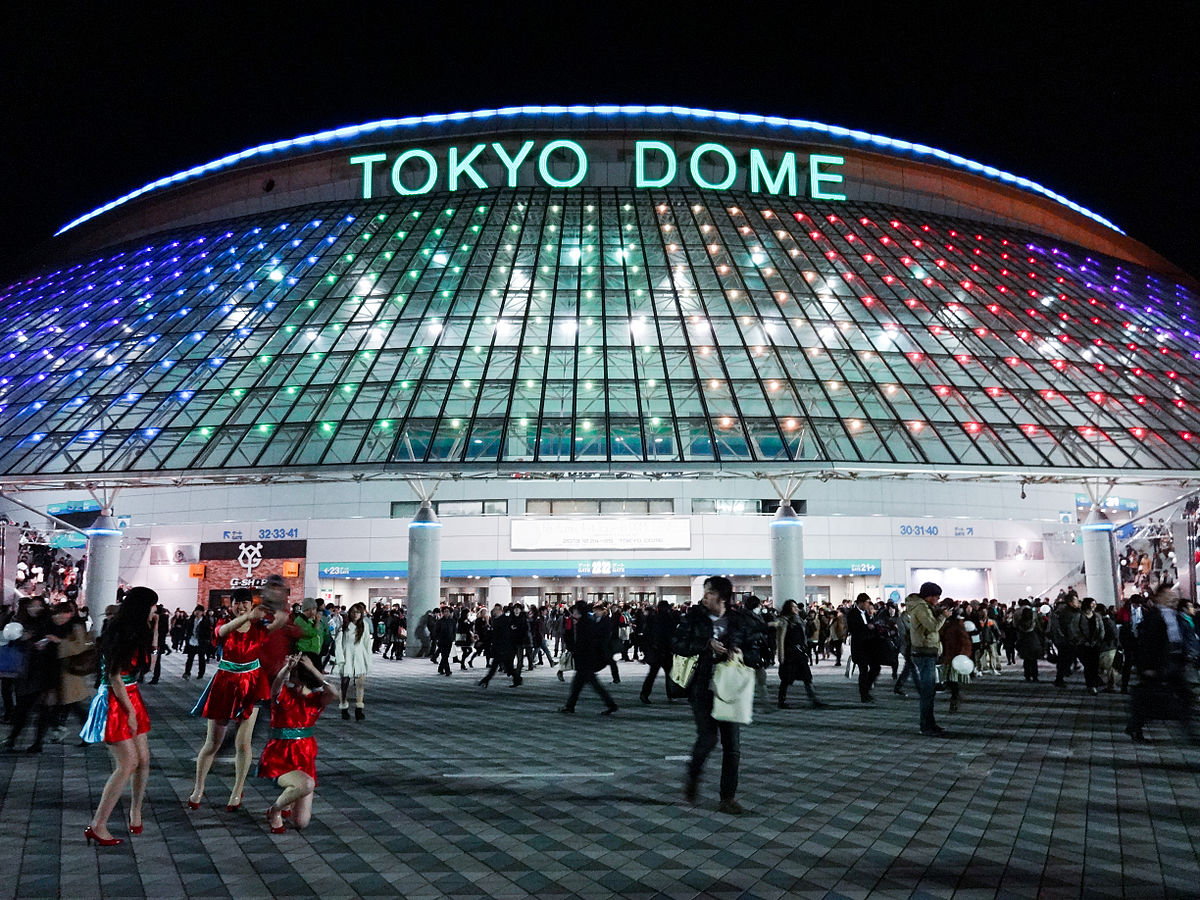
Consider this the line in the sand for the International Olympic Committee.
Within a matter of hours Thursday, a panel of experts warned that costs for Tokyo 2020 could top $30 billion and Rome’s city council put an end to a bid for the 2024 Games. If the IOC doesn’t get serious about reining in the increasingly exorbitant costs of hosting the Olympics, it will be the demise of the modern Games.
That might sound alarmist but consider this: Rome is the third city to say “thanks, but no thanks” to a 2024 bid, leaving only Budapest, Los Angeles and Paris in the running. The choices for the 2022 Winter Olympics were so scant that the Games went to Beijing, a city with little to no natural snow.
Less than a decade after the IOC had its pick of seven cities for this summer’s Olympics, which ultimately went to Rio, more cities have dropped out (seven) of the bidding for the 2022 and 2024 Games than have stayed in (five). And that doesn’t count the ones who considered the idea but quickly decided against it.
“If the IOC wants to continue to generate excitement around the Games, if it wants multiple cities bidding for the Games, it’s going to have to make financial concessions. It can’t be as demanding and strident with regard to what it is a (host) country has to do,” said Robert Baade, an economist at Lake Forest College and co-author of Going for the Gold: The Economics of the Olympics, which looked at the costs and benefits of hosting the Games.
The IOC claims that it gets it, with cost-cutting measures for the bid process a centerpiece of its Agenda 2020 reforms. But this is a group used to living the high life — five-star hotels, per diems ranging from $450 to $900, cars and drivers at their beck and call — and it’s going to be awfully hard to shut down the gilded gravy train.
If one candidate city offers accommodations at the Ritz while another is offering the Radisson, you can guess which one will get the IOC’s vote, reforms be damned.
“The real question is whether they’re going to abide by their own rules,” said Victor Matheson, a Holy Cross economist and co-author of Going for the Gold. “If it continues to choose (bids) with the most bells and whistles, we will know Agenda 2020 is purely face-saving and lip service.”
Politicians and local organizers like to say the benefits of hosting a Games will be far greater than the costs, despite study after study showing that not to be true. Security costs alone now top $1 billion, and that is the one area of the budget that is non-negotiable.
Cities such as Tokyo and London might not have to spend as much on infrastructure — roads, airports, public transport — as, say, Sochi or Rio. But even the most advanced of cities doesn’t come equipped with velodromes, natatoriums and Olympic Villages — structures that often become white elephants as soon as the Games end.
The Tokyo experts, for example, are recommending moving rowing and canoe because the current venue, with a price tag of $490 million that is seven times the initial estimate, has little chance of drawing 40,000 visitors when the number of rowers and canoers in the country is only in the hundreds.
Similar waste and poor planning can be found in almost every city’s budget, yet the IOC happily signs off because it’s not the one footing the bill.
If the IOC wants to avoid a repeat of the late 1970s, when Los Angeles was the only city that showed interest in the 1984 Games, it has to start using common sense. Whether that’s temporary venues or rotating the Games between a handful of cities where the infrastructure is already in place, the IOC has to be serious about its demands for fiscal restraint.
“Agenda 2020 is at least a negotiating position for the IOC. The message they’re sending is, `OK, we get at least some of it,’ ” Baade said. “But will they go as far as they need to go? I don’t know.”
If not, the IOC will soon find itself trying to throw a party with no place to have it.
By Nancy Armour
This article was republished with permission from the original author and 2015 Ronald Reagan Media Award recipient, Nancy Armour, and the original publisher, USA Today. Follow columnist Nancy Armour on Twitter @nrarmour.